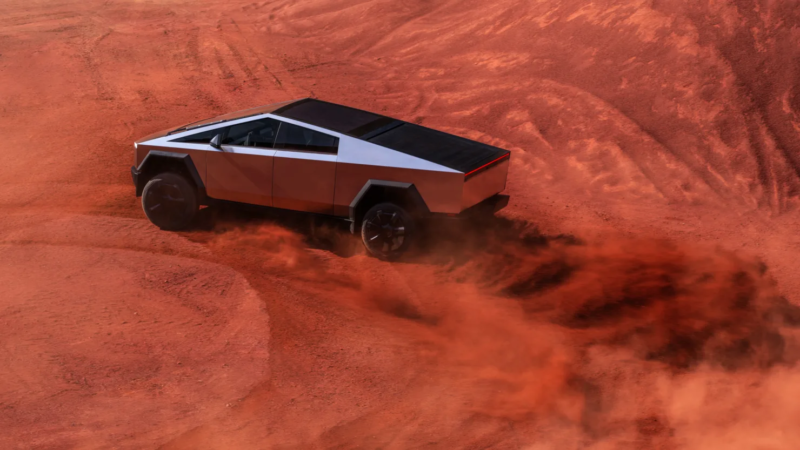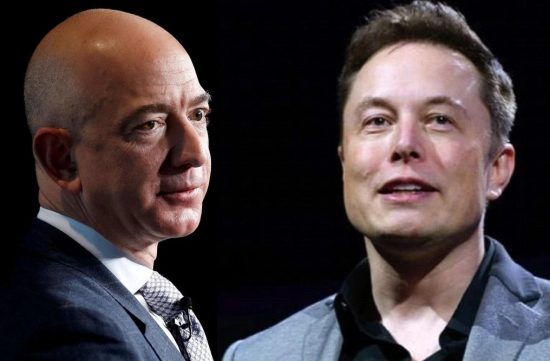Nissan Commits to an Exclusively Electric European Vehicle Lineup by 2030

Nissan has announced its intention to make a significant shift towards electric vehicles (EVs) by committing to selling only electric cars in Europe by 2030. This move comes despite the UK delaying its ban on the sale of new petrol and diesel vehicles until 2035.
Nissan’s CEO, Makoto Uchida, emphasised that this transition aligns with the company’s mission, stating that it’s “the right thing to do for our business, our customers, and for the planet.”
One of Nissan’s key goals is to make EVs more affordable for consumers, aiming to reduce their cost to the level of petrol and diesel cars within the next few years. The company is also investing in new battery technology that promises to reduce charging times and lower the cost of EVs.
Part of this investment includes the development of all-solid-state batteries (ASSB), which are expected to be lighter, cheaper, and quicker to charge than current lithium-ion batteries. Nissan intends to have a pilot plant for ASSB in Japan by next year and aims to mass-produce these batteries by 2028.
Nissan’s UK facility has its own battery manufacturing capabilities, giving the company a unique advantage over competitors who rely on imported batteries. This investment in battery production is particularly significant due to post-Brexit trading rules, which require vehicles made in the UK or the EU to source 45% of their components by value from these regions to avoid tariffs. As batteries are a substantial cost component in EVs, having in-house battery production helps Nissan meet these requirements.
This commitment by Nissan signifies the growing momentum towards electrification in the automotive industry, with car manufacturers focusing on reducing emissions and transitioning to cleaner energy sources. The company’s ambitious goals aim to accelerate the adoption of EVs in Europe and contribute to a more sustainable automotive future.






